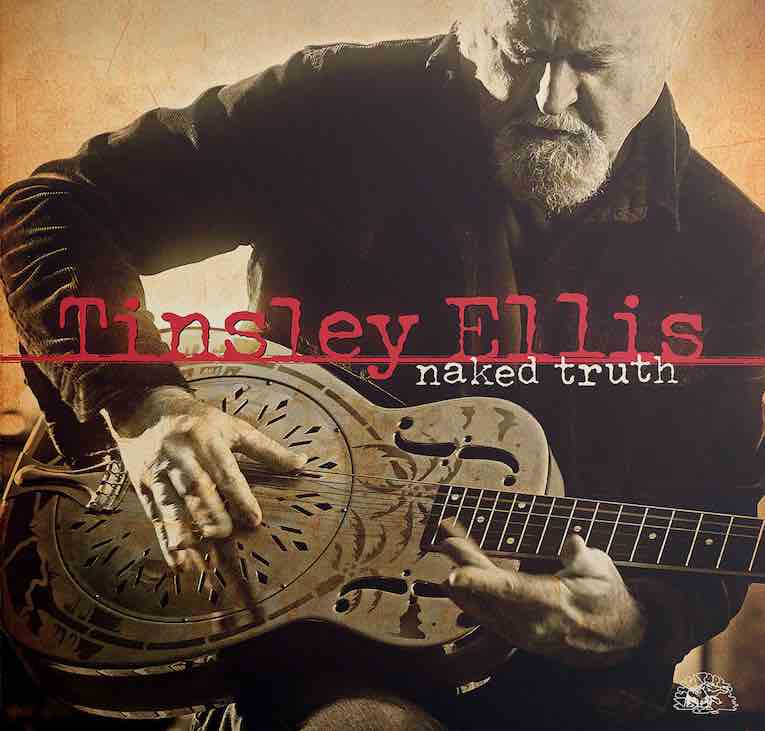VAN MORRISON - Anecdote ............
Conocido de todos es que el cantante de Belfast Van Morrison era un entusiasta del Blues. Su padre George Morrison era un modesto electricista que trabajaba cuando podía básicamente en los cercanos muelles del río Lagan ,su madre Violet trabajaba en una fábrica. A pesar de su modestia económica su padre consiguió que su pasión por la música fuera culminando en una gran colección de discos , según ha explicado el propio Morrison .una de las más amplias del Ulster. Van comentó que la coleccion de discos de su padre se componia de discos de la época de las big bands . Su madre era aficionada a cantar , cosa que hacía a la menor ocasión en los partys que le gustaba montar con frecuencia. En este ambiente se crió Van Morrison, que decidió profundizar interesandose por el Blues. Uno de sus interpretes preferidos era Leadbelly . Tan fan era de Huddie Ledbetter que tenía en su habitación un enorme póster del artista sonriendo con su guitarra de doce cuerdas . lo enmarcó, despues de que alguien se lo regalara. Hasta tal punto llegaba la admiración de Van por Ledbetter que lo llegó a considerar como su gurú. Allá donde iba , el cuadro que se llevaba , donde vivía lo hacía con la presencia de su admirado bluesman. Un buen día lo estaba mirando , y pensaba: ya estoy harto de esa cosa , me está minimizando y va ha acabar conmigo , así que lo descolgué y estuve a punto de tirarlo. Así decidí sintonizar la radio, para distraer mis pensamientos y la primera emisora que sintonicé justo se oía Leadbelly cantando su tema Rock Island Line . Me volví rapidamente donde había depositado el cuadro antes de tirarlo , lo cogí y lo volví a colgar de mi pared. Esto es lo que explica en su libro Brian Hinton VAN MORRISON El Genial Poeta del Rock
„Rock Island Line"
(H. Ledbetter)
Recorded:
1944
Lead Belly (vcl) (g), Paul Howard (cithare)
Huddie William Ledbetter, (January, 1888 -- December 6, 1949) was an American folk and blues musician, notable for his clear and forceful singing, his virtuosity on the twelve string guitar, and the rich songbook of folk standards he introduced.
He is best known as Leadbelly or Lead Belly. Though many releases list him as "Leadbelly," he himself spelled it "Lead Belly." This is also the usage on his tombstone, as well as the Lead Belly Foundation.
Although he most commonly played the twelve string, he could also play the piano, mandolin, harmonica, violin, concertina, and accordion. In some of his recordings, such as in one of his versions of the folk ballad "John Hardy", he performs on the accordion instead of the guitar. In other recordings he just sings while clapping his hands or stomping his foot. The topics of Lead Belly's music covered a wide range of subjects, including gospel songs; blues songs about women, liquor and racism; and folk songs about cowboys, prison, work, sailors, cattle herding and dancing. He also wrote songs concerning the newsmakers of the day, such as President Franklin Roosevelt, Adolf Hitler, Jean Harlow, the Scottsboro Boys and multi-millionaire Howard Hughes. Fame in 1986.
The day of his birth has also been debated. The most common date given is January 20, but other sources suggest he was born on January 21 or 29. The only document we have that Ledbetter, himself, helped fill out is his World War II draft registration from 1942 where he gives his birth date as January 23, 1889
Lead Belly's boastful spirit and penchant for the occasional skirmish sometimes led him into trouble with the law, and in January 1918 he was thrown into prison for the second time, this time after killing one of his relatives, Will Stafford, in a fight. He was incarcerated in Sugar Land, Texas and it is there that he got the inspiration for the song Midnight Special. It is said that he was released two years into his 35-year sentence after writing a song appealing to Governor Pat Morris Neff for his freedom. Lead Belly had swayed Governor Neff by appealing to his strong religious values. That, in combination with good behavior (including entertaining by playing for the guards and fellow prisoners), was Lead Belly's ticket out of jail.
In 1930, Lead Belly was back in prison, this time in Louisiana for attempted homicide. It was there, three years later, that he was "discovered" by musicologists John and Alan Lomax, who were enchanted by his talent, passion and singularity as a performer, and recorded hundreds of his songs on portable recording equipment for the Library of Congress. The following year Lead Belly was once again pardoned, this time after a petition for his early release was taken to Louisiana Governor O.K. Allen by the Lomaxes. The petition was on the other side of a recording of one of his most popular songs, "Goodnight Irene". The state's prison records, however, show he was released due to
Video by :
--------------------------------------------------------------------------------------------------------------
The Skiffle Sessions – Live In Belfast 1998 es un álbum en directo del músico norirlandés Van Morrison, con Lonnie Donegan y Chris Barber, publicado por la compañía discográfica Point Blank Records en enero de 2000. Lonnie Donegan había trabajado previamente con la banda de jazz de Chris Barber cuando consiguió su primer éxito en 1955 con «Rock Island Line». Había sido una gran influencia durante la infancia de Morrison, quien con doce años formó su primera banda de skiffle con compañeros de la escuela en Belfast. The Skiffle Sessions fue el primer álbum de estudio de Donegan en veinte años, lo cual reactivó su carrera hasta su muerte en 2002.
The Skiffle Sessions fue grabado los días 20 y 21 de noviembre en el Whitla Hall de Belfast, Irlanda del Norte. En 1977, Morrison había discutido la posibilidad de grabar un álbum de skiffle con Dr. John, según el propio Morrison, «porque empecé en un grupo de skiffle, y hay miles de músicos que también comenzaron sus carreras tocando esa clase de música». Para preparar la grabación, Morrison fue a ver a Donegan y le invitó a cenar. Tras un segundo encuentro, acordaron grabar las canciones en directo.3 Dr. John, que estaba tocando en un concierto en el Ulster Hall la misma noche, llegó al final del concierto y tocó el piano en los últimos temas.
Otras versiones del tema :
Rock Island Line
Johnny Cash · 1957
Rock Island Line
Lonnie Donegan, Monty Sunshine · 1955
Rock island line
Golden Gate Quartet · 1976
Rock Island Line
John Horton · 1959
Rock Island Line
Mano Negra · 1988
Rock Island Line
Billy Bragg, Joe Henry · 2016
Rock Island Line
The Brothers Four · 1959
The Rock Island Line
Eleven Hundred Springs · 2004
Rock Island Line
The Weavers · 1957
Rock Island Line
Odetta





Comments